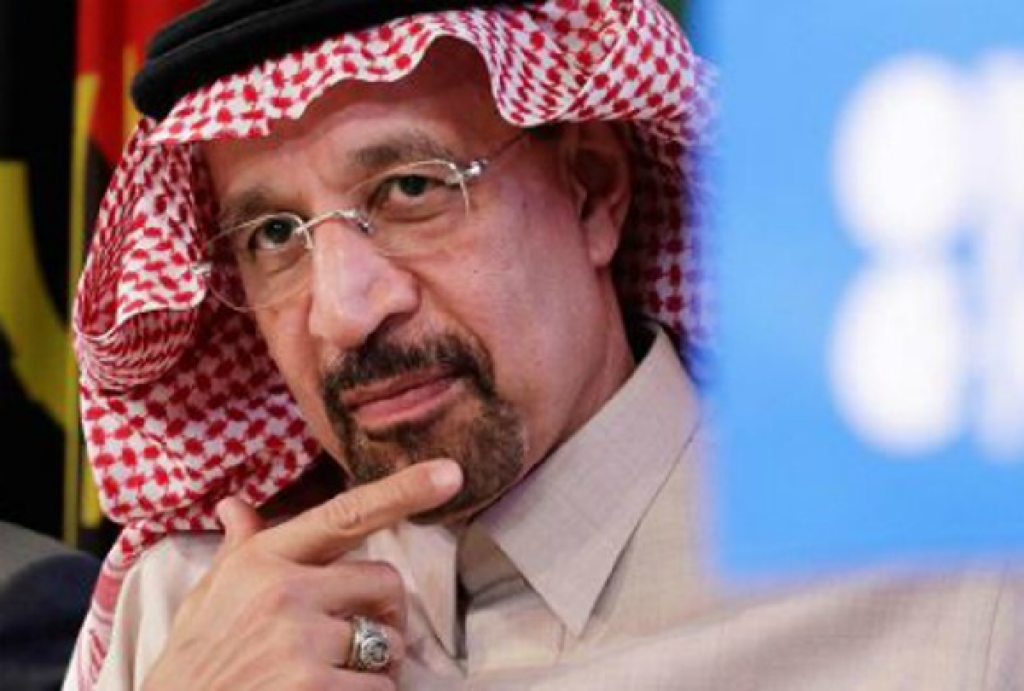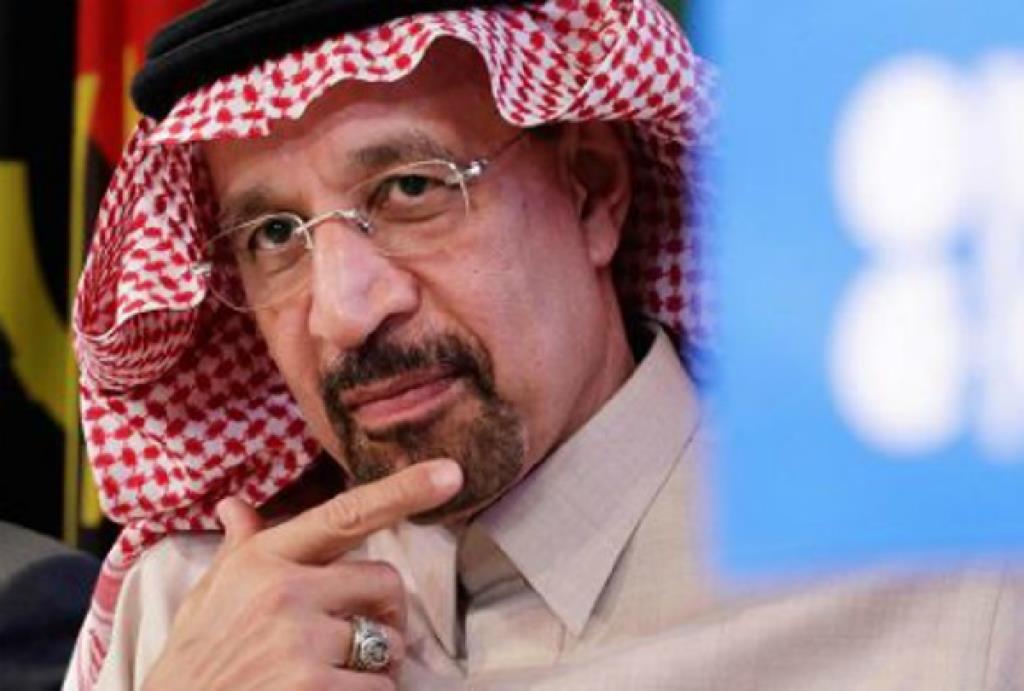
OPEC+ Set To Authorise Further 137,000 Bpd Output Hike

OPEC+ is poised to approve another lift in oil output of at least 137,000 barrels per day when its core members convene on 5 October to finalise November quotas, according to three individuals familiar with the discussions. The decision is part of the alliance's broader push to reclaim lost market share amid surging crude prices.
Since April, the group has reversed earlier production cuts, having already raised quotas by over 2.5 million bpd - roughly 2.4% of global demand - in a bid to regain influence over supply dynamics. The move comes amid escalating oil prices, which have nudged above the $70-a-barrel mark in recent trading.
The planned meeting will be held online, involving eight core OPEC+ producers. While the group pumps nearly half of the world's oil supply, only a few members have the spare capacity to expand output further. Many are already operating close to their technical limits, meaning that though quotas may rise, actual production could lag.
Analysts warn that the estimated output raises may be overly ambitious: OPEC+ has delivered only about 75% of its planned increases since April, resulting in a current underproduction of nearly 500,000 bpd relative to targets. Saudi Arabia and the UAE are viewed as the only producers with substantive headroom to scale output; others such as Iraq, Kazakhstan and Russia are constrained.
Among OPEC+ members, Saudi Arabia has driven the shift toward greater production, motivated in part by revenue recovery objectives and rising competition from U. S. shale. The UAE, meanwhile, secured permission earlier this year to boost output by 300,000 bpd between April and September.
See also UAE Non-Oil Private Sector Hits Seven-Month High in SeptemberYet the potential expansion comes with caveats. OPEC+ maintains a flexible framework, keeping the option to pause or reverse output increases in response to market conditions. Some analysts view the 137,000 bpd figure as symbolic - meant more to send a signal than to dramatically shift global supply balances.
Geopolitical developments might complicate the roll-out. Exports from Iraq's Kurdistan region have resumed under a fresh agreement, adding 180,000 to 190,000 bpd to regional flows and applying downward pressure on prices. Meanwhile, attacks on Russian energy infrastructure tied to the conflict in Ukraine continue to disrupt supply chains, tightening the physical market.
Notice an issue? Arabian Post strives to deliver the most accurate and reliable information to its readers. If you believe you have identified an error or inconsistency in this article, please don't hesitate to contact our editorial team at editor[at]thearabianpost[dot]com . We are committed to promptly addressing any concerns and ensuring the highest level of journalistic integrity. Legal Disclaimer:
MENAFN provides the
information “as is” without warranty of any kind. We do not accept
any responsibility or liability for the accuracy, content, images,
videos, licenses, completeness, legality, or reliability of the information
contained in this article. If you have any complaints or copyright
issues related to this article, kindly contact the provider above.


















Comments
No comment